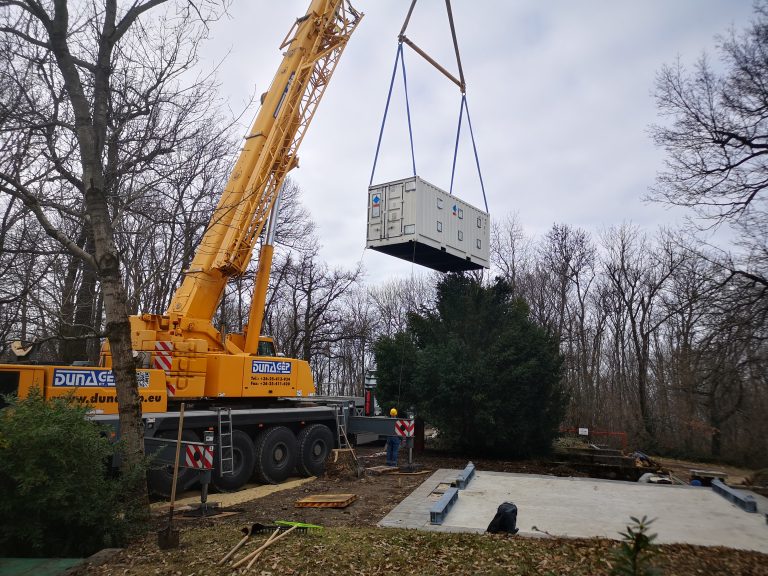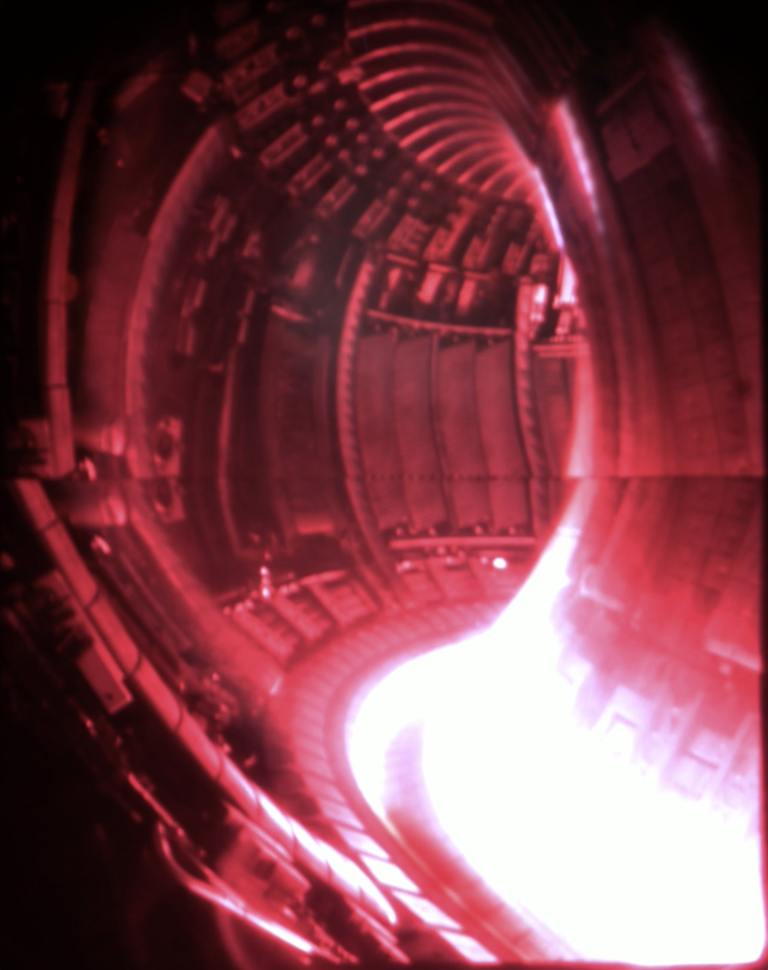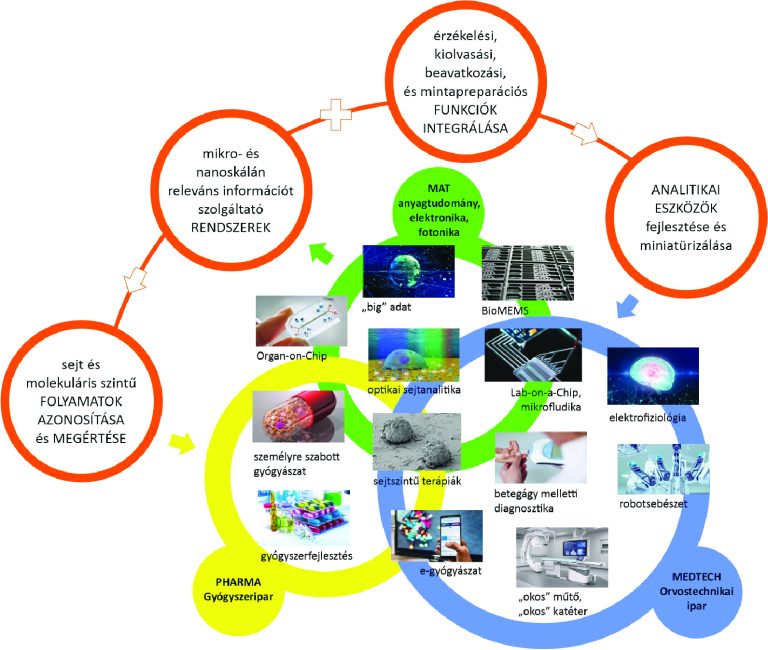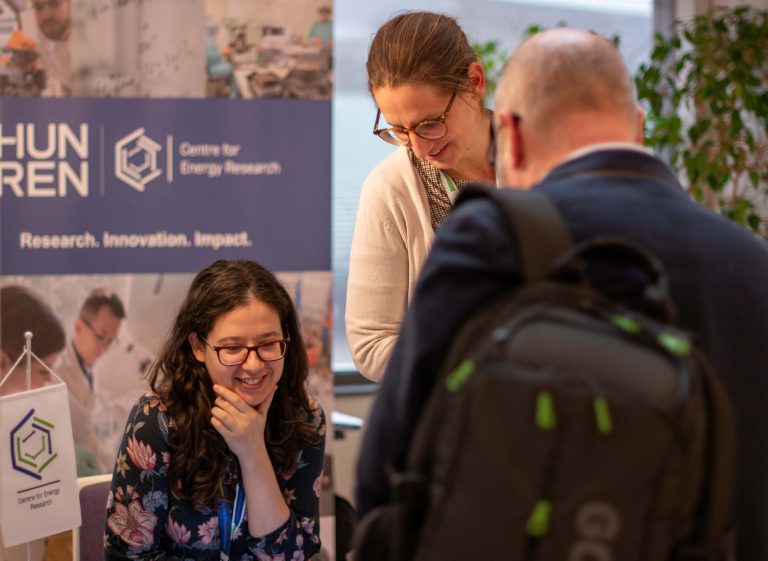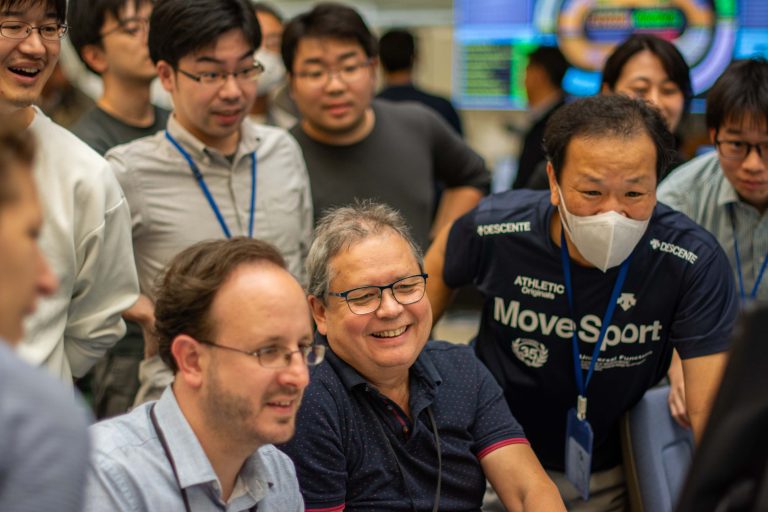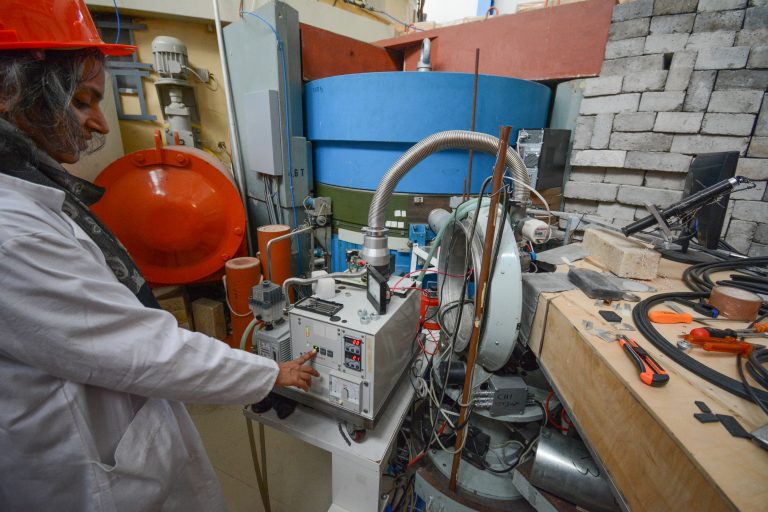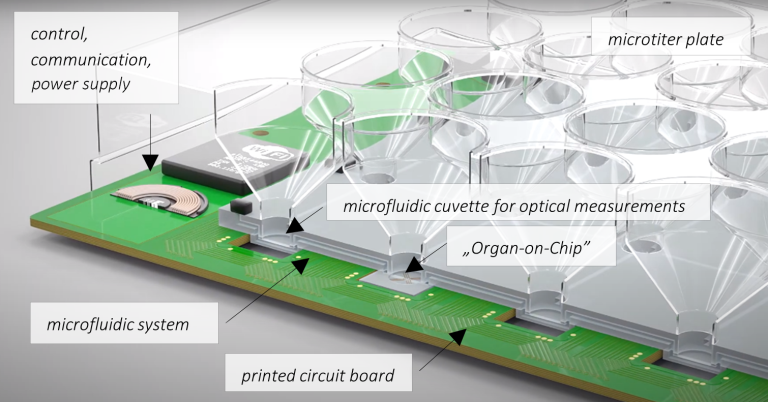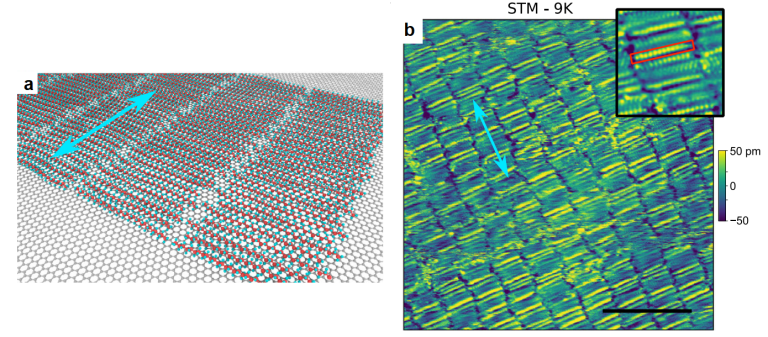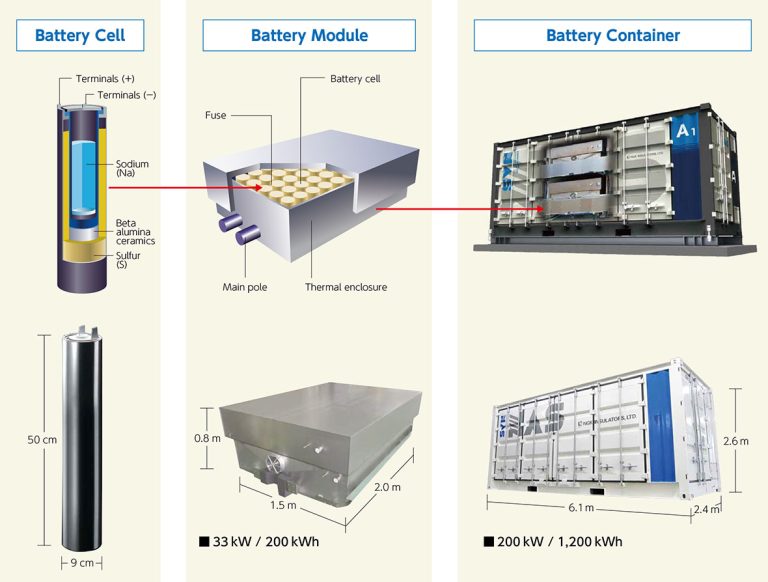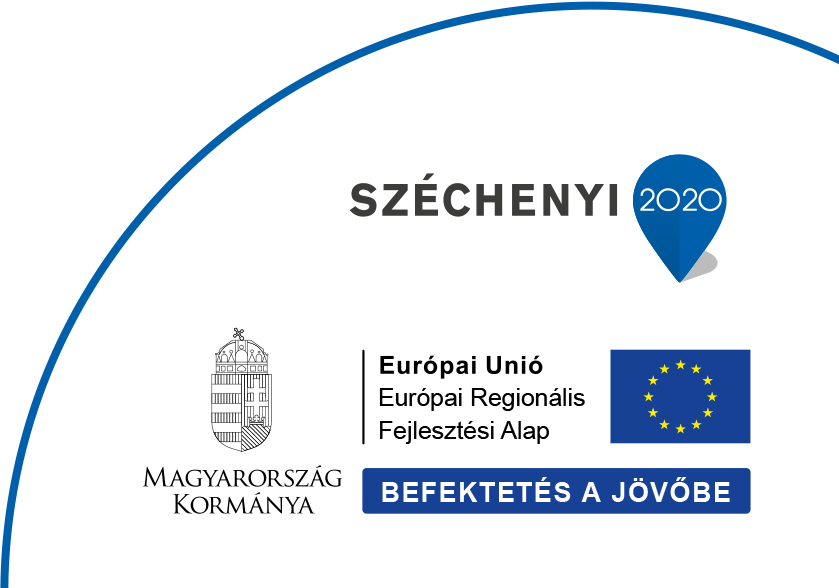Hungary’s first Na-S battery arrives at the HUN-REN EK-CER
Hungary’s first Na-S battery, which has arrived at the site of the HUN-REN Centre for Energy Research (HUN-REN EK-CER), will be able to demonstrate innovative electric energy storage. The experiences gained during the project can assist in achieving Hungary’s carbon neutrality. Within the framework of the projects supported by the “Implementation of Developments Facilitating the Innovative Electrochemical Storage of Carbon-Free, Surplus Electric Energy (2021-2.1.1-EK),” HUN-REN EK-CER was given the opportunity to install a demonstration battery …
